India-Africa relations are enjoying an unprecedented renaissance, founded on shared economic interests and longstanding historical ties. Two-way trade has grown from $5.3 billion in 2001 to some $70 billion in 2013, though it still remains much below China’s trade with the continent (which stands at over $200 billion). Technical cooperation and training are set to further expand the ambit of shared interests. For the African Union (AU) and its 54 member states, the recent India-Africa Forum Summit (IAFS) in October 2015 was an important indicator of New Delhi’s commitment to continue to promote closer economic ties in ways that reflect the changing policies of Prime Minister Narendra Modi’s government and building on the development affinities between the two regions.
Surveying Modi’s foreign policy activities over the last eighteen months however provide somewhat sober reading for African interests. Modi’s travels abroad have highlighted the clear geo-economic prism through which he has prioritised his foreign engagements and those of his government. Running in parallel is his domestic agenda, although somewhat stalled, which aims to further unravel the License Raj, improve the business environment and grow India’s manufacturing sector. Indeed, since Modi’s electoral victory in May 2014, the world has witnessed an almost peripatetic foreign policy outreach by India in its region and beyond. India has been characterised as a swing state, being courted by the US, China and Japan, as geostrategic considerations accelerate on the Asian landmass. India has recognised the economic importance of its relations with China, notwithstanding the two countries’ areas of dispute around borders.
Modi’s major focus is economic diplomacy that advances Indian economic activity at home, encapsulated in the slogan ‘Make in India’. It is now a crucial programme designed to facilitate investment, foster innovation, enhance skill development, protect intellectual property and build best-in-class manufacturing infrastructure in India so that India can become part of the global supply chain. It covers a wide range of sectors from automobiles and components, electronic systems, and food processing to biotechnology, defense manufacturing, media and entertainment and space. The potential impact of such an initiative on Africa’s prioritisation of beneficiation (i.e., adding value to raw materials rather than exporting them to other countries to do that and re-importing such goods at higher prices) and industrialisation to reduce its commodity trade dependency is one that African states and the African Union need to take note of, for its potential impacts on such cooperation with India.
Trade, technology and training have characterised the Forum since its inception in 2009. These are all very important for African states that have benefited, for example, from the Pan-African e-network rolled out by India as part of the New Partnership for Africa’s Development (Nepal). This project is one of the biggest ever undertaken in Africa in distance education and telemedicine. It involves 47 countries in Africa, connecting states through a satellite and fibre-optic network to India and to each other to enable access to and sharing of expertise. The cost of the project, which was covered by a grant from the Indian government, was about $125 million. However, Modi’s geopolitical orientation and emphasis on the domestic economy raise questions about the India-Africa relationship’s priorities in the future.
—Prashant Tewari, Editor-in-Chief







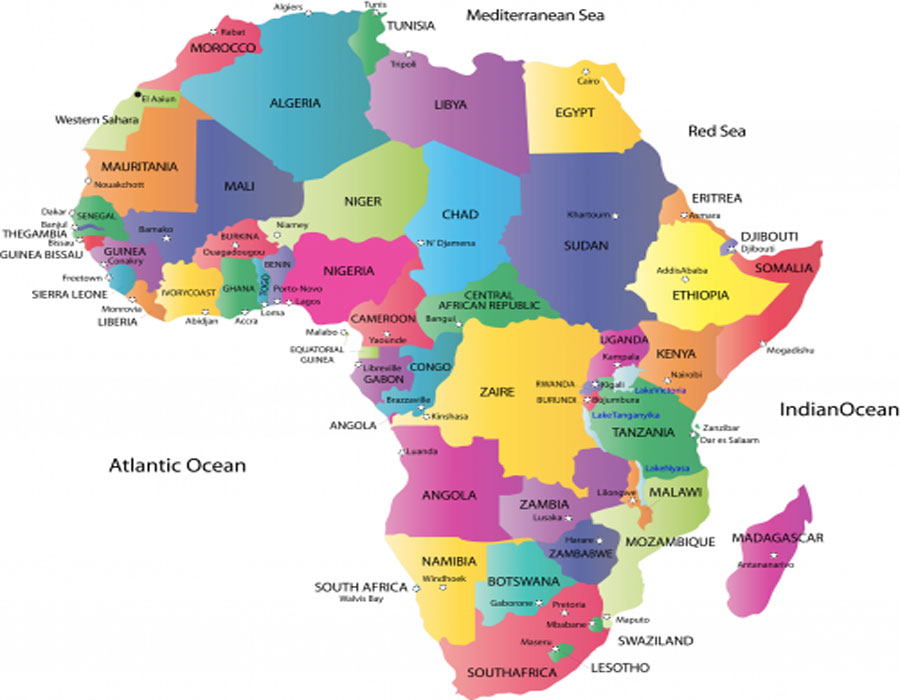
 OpinionExpress.In
OpinionExpress.In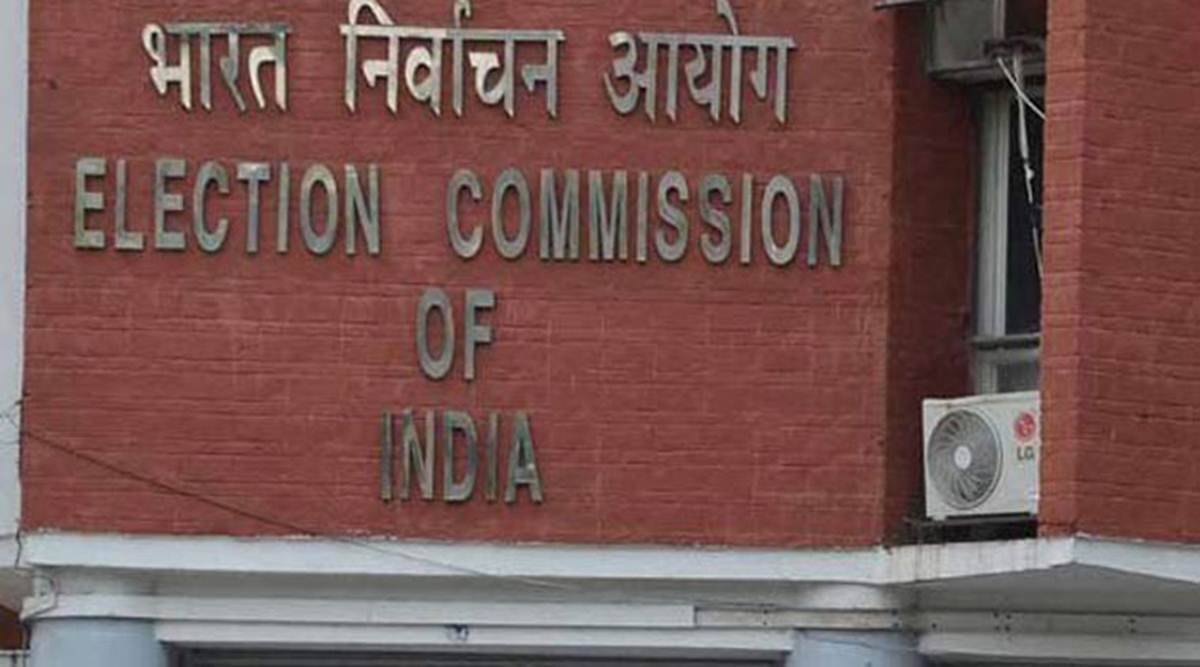
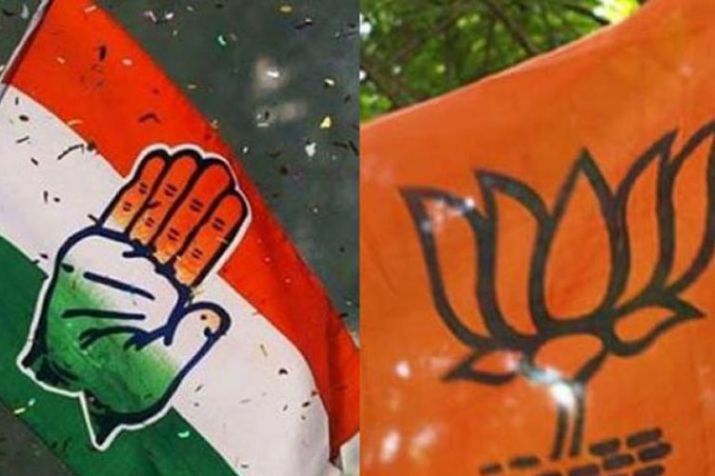
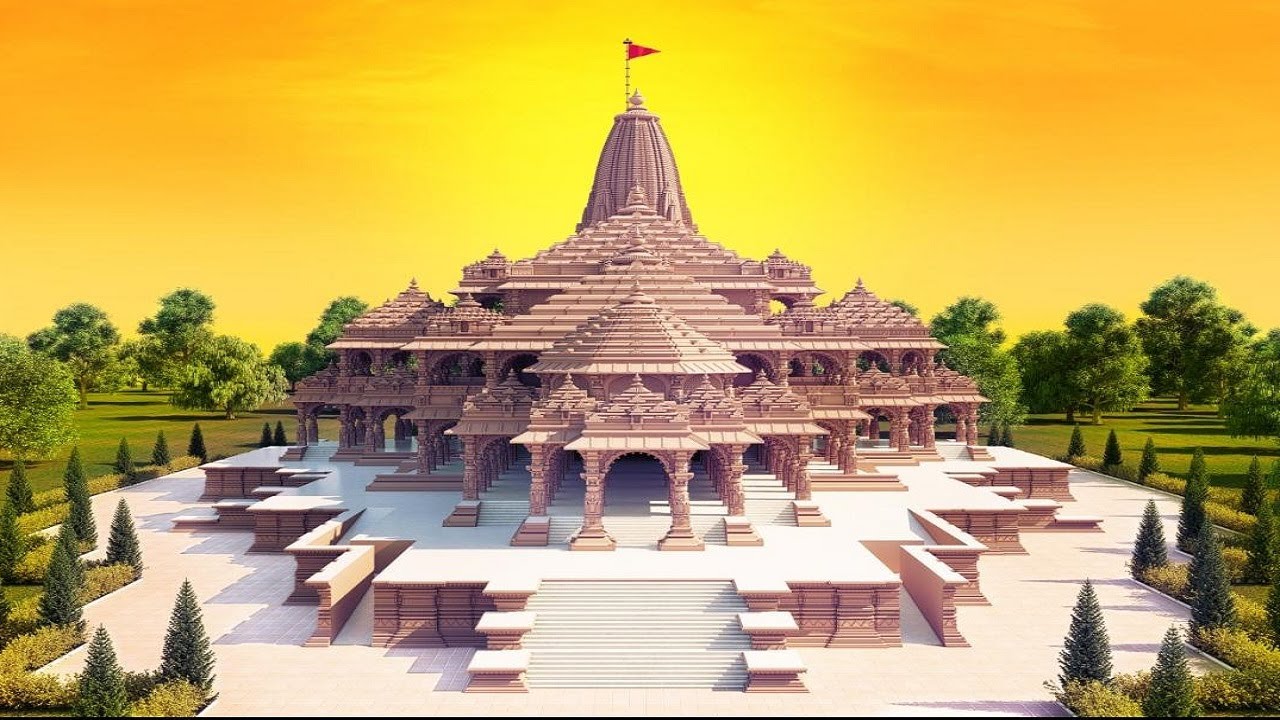
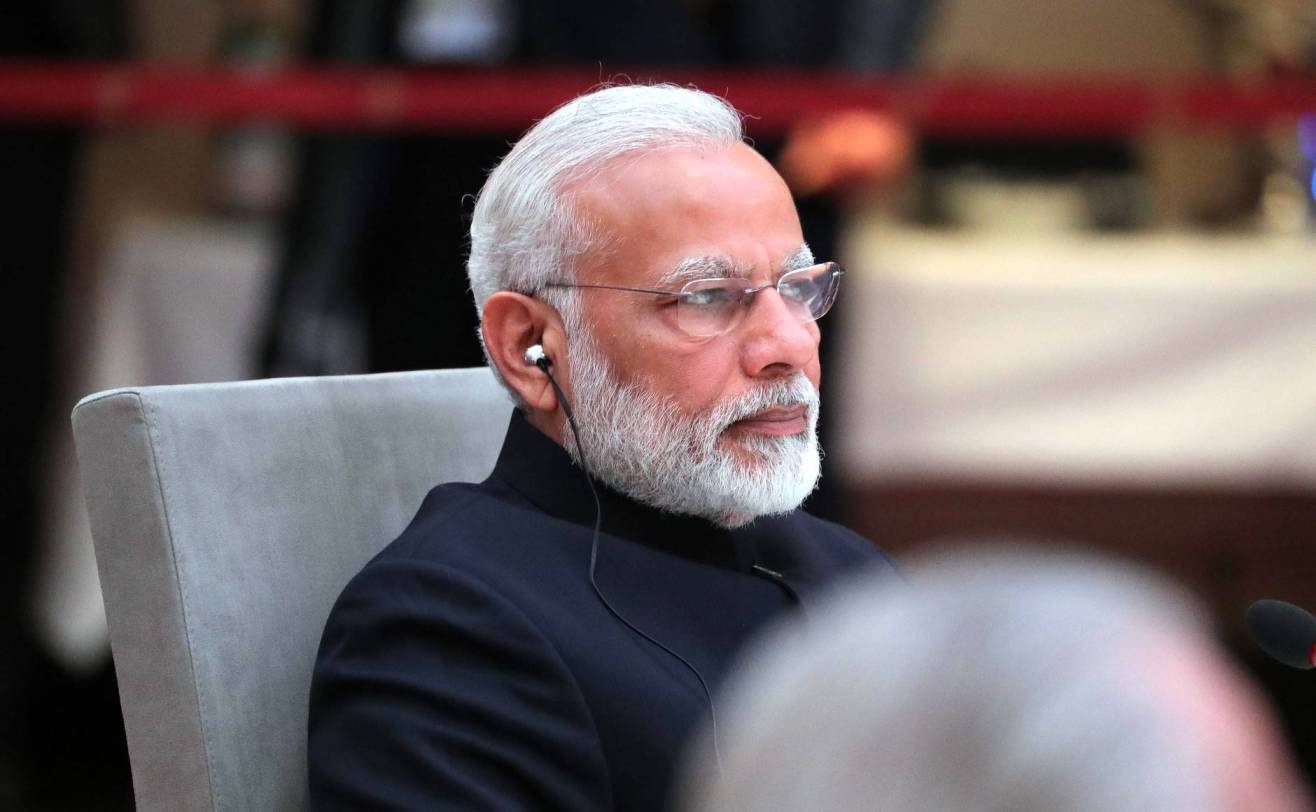

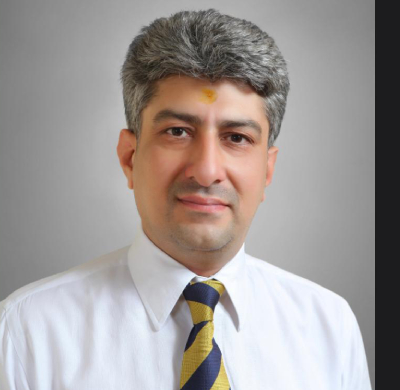

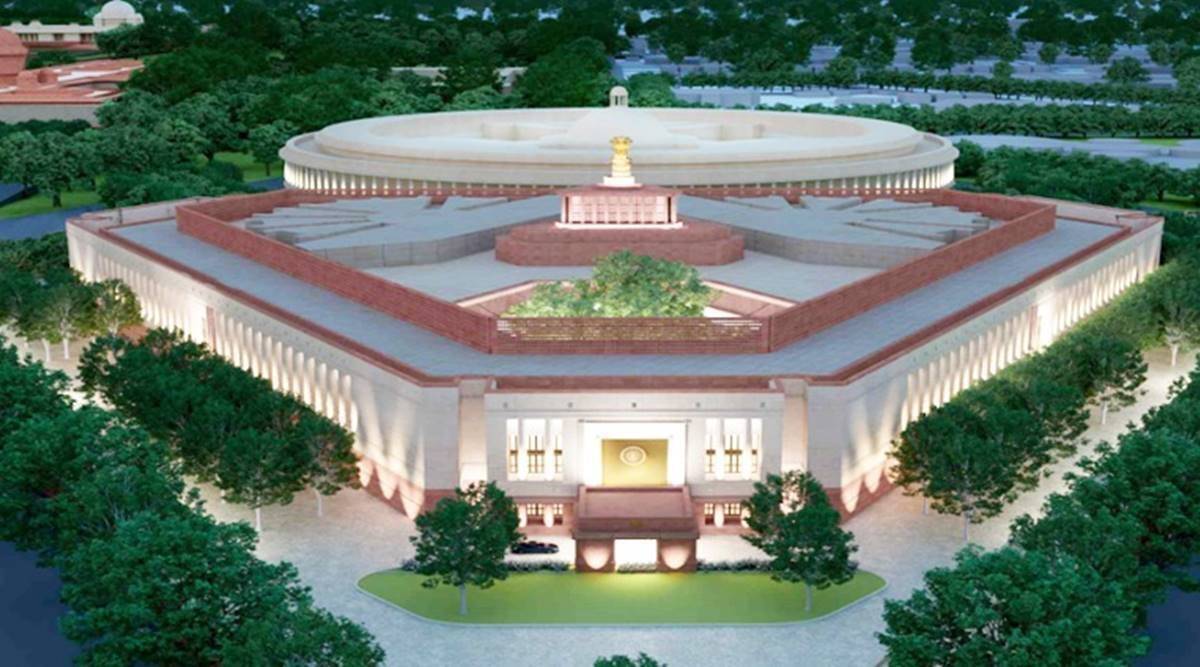

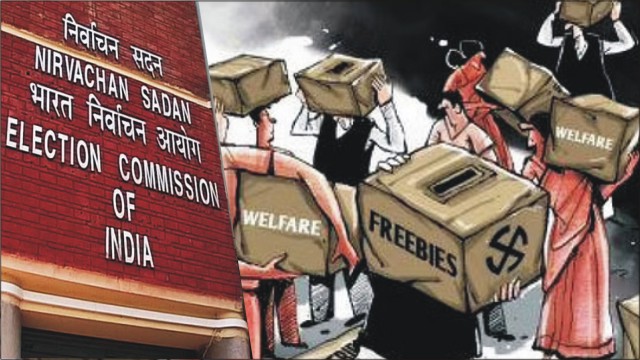






Comments (0)